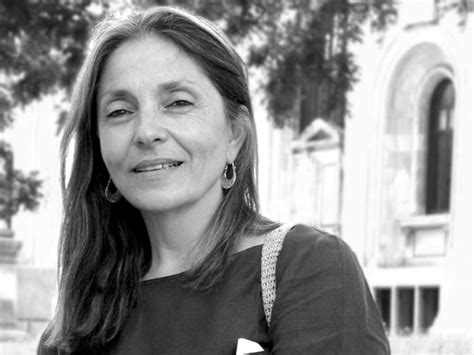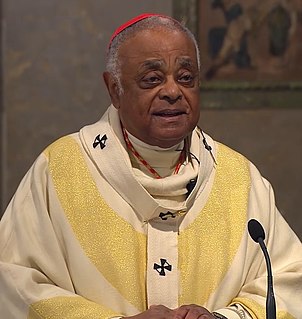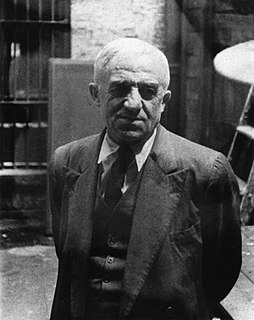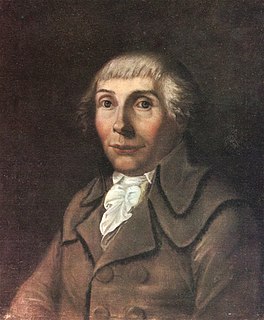A Quote by George Weigel
[Pope] Francis communicates the pastoral embrace of the Church, the breadth and inclusiveness of Catholicism symbolized by the Bernini colonnade around St. Peter's Square, in a powerful way.
Related Quotes
I no longer wield the power of the office for the government of the church, but in the service of prayer I remain, so to speak, within St. Peter's bounds. St. Benedict, whose name I bear as pope, shall be a great example in this for me. He showed us the way to a life which, active or passive, belongs wholly to the work of God.
The pope [Francis] takes his vocabulary from his pastoral experience, not from the rhetorical tool kit of liberation theology, with its Marxist yammering about "center" and "periphery." The "peripheries," for Francis, are all those who have fallen through the cracks of late-modernity and post-modernity - in his native Argentina, because of colossal corruption, political and financial.
Pope Francis has helped me to focus once again on the joy in my pastoral ministry. He has challenged me genuinely to believe that the Gospel is and should be the source of the church's joy. His own approachable, cheerful, and hopeful style in exercising the papacy reminds me that shepherds must exude joy or they will fail to lead anyone else to discover it.































